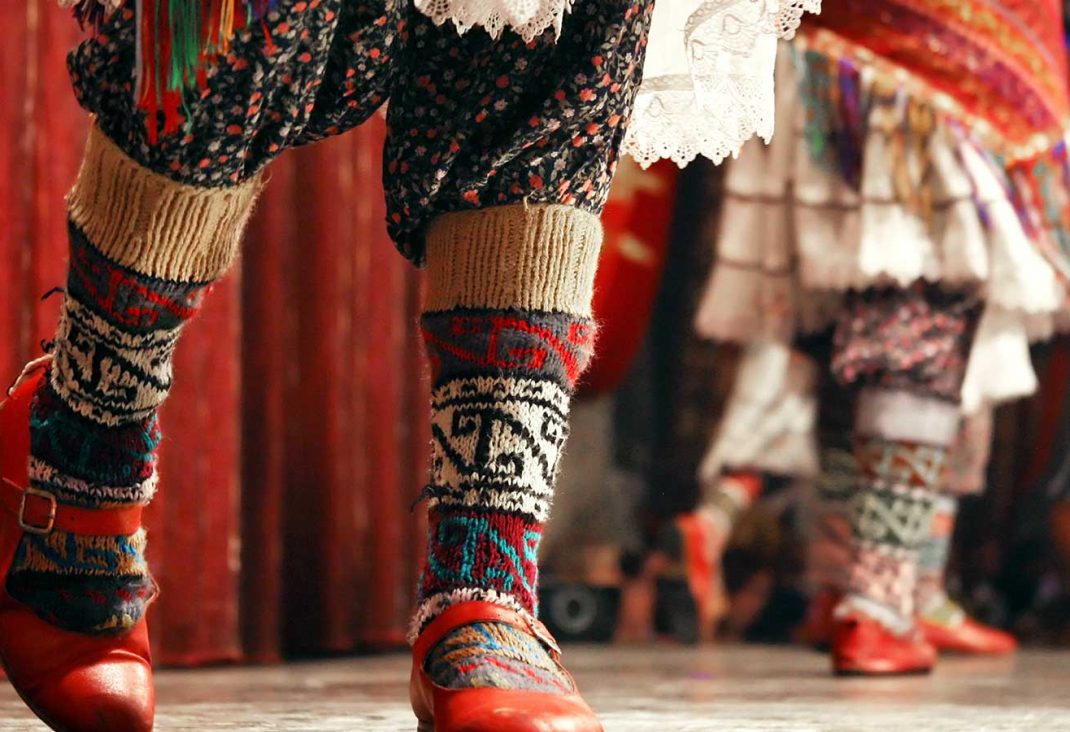MUSIC
During the early Republican period, the only forms of Turkish music that had government approval were classical music and “authentic Turkish” folk music. However, today music in Turkey is varied and exciting and presents a wide range of forms and styles. The two most common forms, arabesk and taverna, often have a canned, insipid quality; arabesk (called “minibüs müziği” for its proliferation on vehicles of all kinds) is an offspring of Arabic pop, while taverna combines the influence of Greek music with Turkish cabaret.
In addition to these two types are the urban forms of sanaat, Türkü, and özgün Sanat, or “art” music, has preserved 18th-century vocal styles. The late Zeki Müren was its most famous performer, although a bit earlier Bülent Ersoy had made a name for herself, before her music was banned in 1980, when she had a sex-change operation. Based in folk music, Türkü is performed on a diverse mixture of Arab, Western, and Turkish instruments. Özgün is Turkey’s protest music, and it often contains politically themed, left-wing lyrics.
On top of the pop music scene is Tarkan, the fabulously popular “Turkish Ricky Martin.” Also livin’ la vida loca is Kenan Doğlu. Sezan Aksu, whose concerts draw hordes of screaming devotees, is considered Turkey’s most talented musician; in addition to producing her own music, she acts as a mentor for many up-and-coming singers. Also popular is Sertap Erener, whose music combines pop and soulful female vocals. Athena is a popular Turkish ska band that even performs the occasional Cake cover. In summer, live concerts are performed in outdoor amphitheaters. A Pop Song Festival is held in Çeşme in August.
Folk music is celebrated in a variety of local festivals throughout Turkey, and it forms the basis for festive rural occasions such as weddings. The troubadour tradition, which has persisted for 1000 years, is still practiced by the aşıks in central Anatolia. These traveling minstrels perform poetry set to music on the lute-like saz, whose three sets of strings represent the three points of the Bektaşi/Alevi faith. Along the Black Sea coast, the tulum (a two-piped bag-pipe) and the kemençe (a three-stringed fiddle) are commonly used. Kurdish folk music engages its own particular instruments, which include the blur (wooden flute), the oboe-like düdük, and the def (bass drum). The bards of Kurdish music, repositories for Kurdish legend and culture, are the dengbeys. Many of them, including the well-known artists Temo and Şivan Perwer, have been exiled because of their politically controversial lyrics.
Ottoman classical music and the ritual music of the Mevlevi dervish order are based on a series of makams (500-year-old modal systems) that use a unique tonal system. The compositions of Abdülkadir Meraği (15th century), Prince Dimitirl Cantemir (17th-18th century), and Sultan Selim II and Tanburi Cemil Bey (both 19th- 20th century) are drawn upon most frequently. Live performances of classical music are given by the Klasik İcra Heyeti of the Istanbul Municipal Conservatory. The annual Mevlâna Festival, held in Konya in December, is an excellent opportunity to hear live Mevlevi music.



Leave a Reply